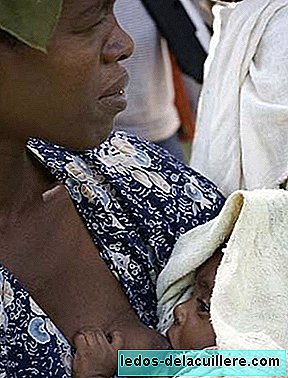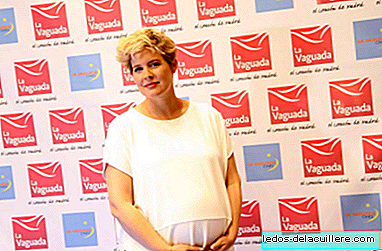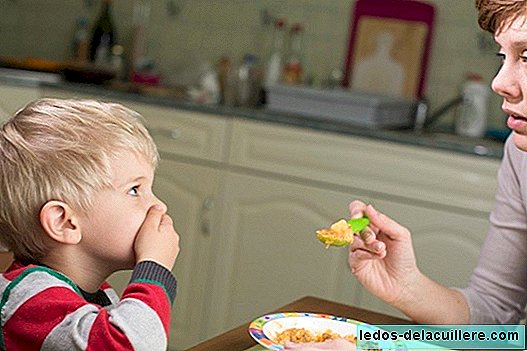
Today, to commemorate World AIDS Day, I want to take this opportunity to talk about the relationship between breastfeeding and virus prevention. A study has proven that contrary to what can be believed, stopping breastfeeding does not reduce the risk of transmission of the AIDS virus.
Babies whose mothers are carriers or AIDS sufferers can spread easily through breast milk, so the general recommendation is not to breastfeed.
However, in certain countries, precisely in those where HIV rates are higher, it is not easy to access drinking water or properly wash the bottles to feed the baby, and it may be harmful for the baby to drink formula milk. The risk of dying from infectious diseases from this cause is higher than being infected with HIV. Therefore, in countries where health leaves much to be desired, breastfeeding is the best option.
In addition, several studies have shown that children with mixed feeding (i.e. breast and bottle) are more likely to get AIDS through milk than those who take exclusive breastfeeding. It is because the microbes or foreign proteins present in other foods produce small lesions in the digestive mucosa that facilitate the entry of the virus through them.
The study I mentioned above conducted with almost a thousand women in Zambia with the AIDS virus wanted to see if interrupting breastfeeding abruptly at four months could be a good method to stop the mother from infecting the child.
However, the result showed that "It was not possible to reduce the risk levels of infection or death among children born to HIV-carrying mothers with a plan to stop breastfeeding at 4 months of life."
Since stopping breastfeeding does not reduce the risk of infection, breastfeeding may no longer be a contraindication for these mothers since on the other hand their immunological benefits constitute a defense barrier for their children.












